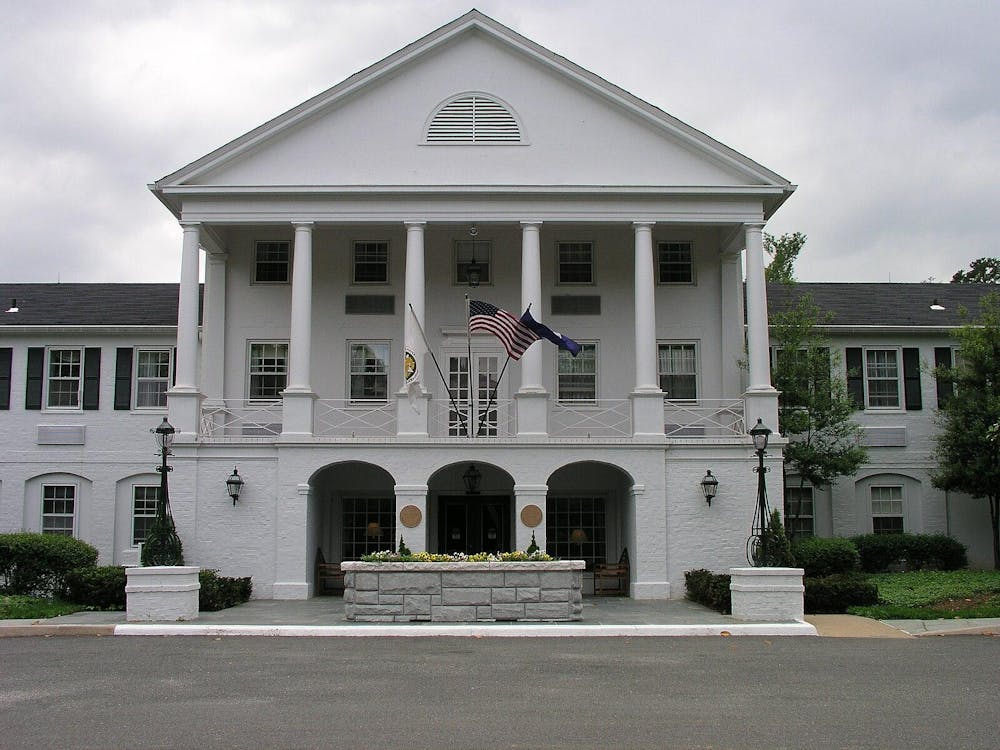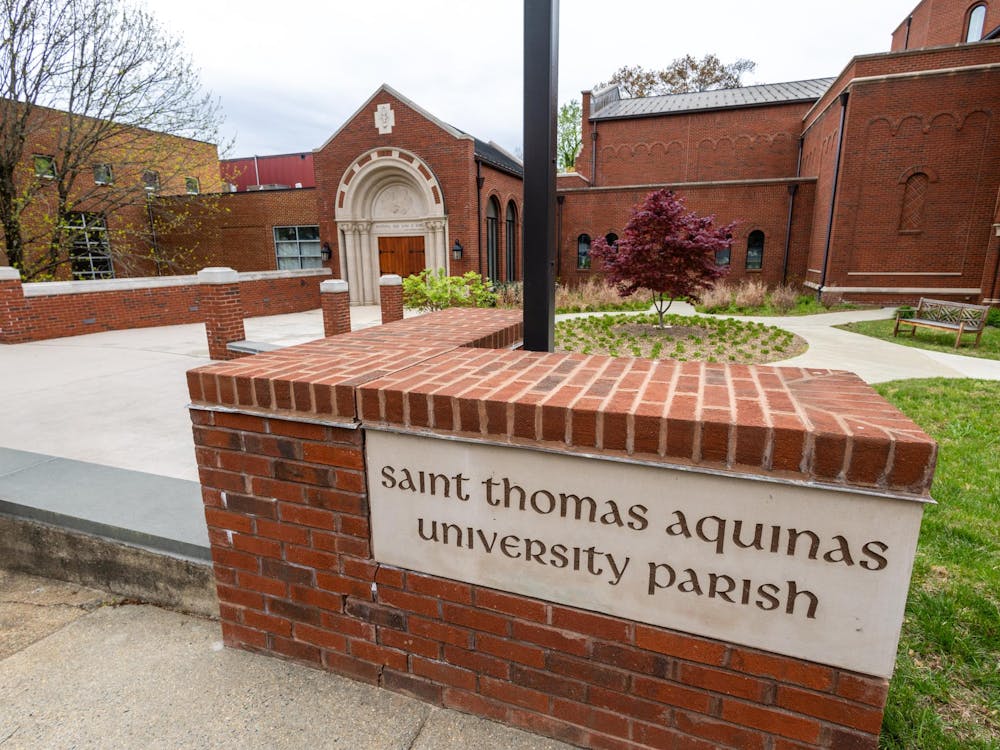University administrators, like other Virginia college officials, had braced themselves for the financial fallout from Virginia's $5 billion budgetary morass. The expected bad news arrived Dec. 26 when former Gov. James S. Gilmore's recommended 2 percent budget cuts for state agencies - meaning a $3.2 million of lost funding for the University.
But those cuts were only the beginning.
Facing the current year's budget shortfall of $1.2 billion, Democratic Gov. Mark R. Warner, in his first address to the Republican-controlled Virginia General Assembly, mandated increasing Gilmore's recommended cut from 2 percent to 3 percent of funds for the fiscal year.
Preparing for the next few years, Warner also recommended future cuts totaling 7 percent in 2003 and 8 percent for 2004 - both greater than Gilmore's suggested six percent for the two years.
"The news is going to get worse before it gets better," said Larry J. Sabato, professor of government and foreign affairs. "That is ominous for U.Va."
University administrators are working to allocate the reduction across University departments, but despite the increased financial demands, officials do not anticipate having to resort to layoffs, according to Colette Sheehy, University vice president for management and budget.
According to Sheehy, administrators anticipated the shortfall, asking school and department heads to draw up plans preparing for a cut in state funds of up to 10 percent.
Current plans to pare down expenses rely on employee attrition, coupled with a temporary suspension of new faculty searches.
"A lot of schools have called off their searches to fill vacant positions and some have deferred office and equipment expenses," Sheehy said.
However, it is still unclear how the billion-dollar budget morass will affect the University in the long run. With the recent loss of the number one spot in U.S. News & World Report top public university rankings to the University of California-Berkeley, officials acknowledge the poor timing of the cutbacks.
In the U.S. News' category of "financial resources," the University fell from 64th to 66th place, prompting many to blame the slip in overall ranking to second place on the state's dwindling financial support for the University.
The state is "falling well short of even coming close to doing what it takes to become the number one public university," Sabato said.
In a move that could potentially soften the financial blow, Sen. John H. Chichester, Senate finance committee chairman, and Del. Vincent F. Callahan Jr., House appropriations committee chairman, both Republicans, together proposed a bill on Jan. 7 for a $1.6 billion bond issue that would raise money for buildings and other capital projects for Virginia's colleges. Warner criticized the proposal, citing a need to weigh the cost of the annual debt service.
"They could pass a truly expensive bond issue, but the proposed capital outlay isn't enough," Sabato said. "It doesn't cover operating expenses."
"We're aware that the revenue picture is not good, and it appears to be worsening. Our hope is that they would limit the amount they would cut," Sheehy said. "But then again, they have to balance the budget"






